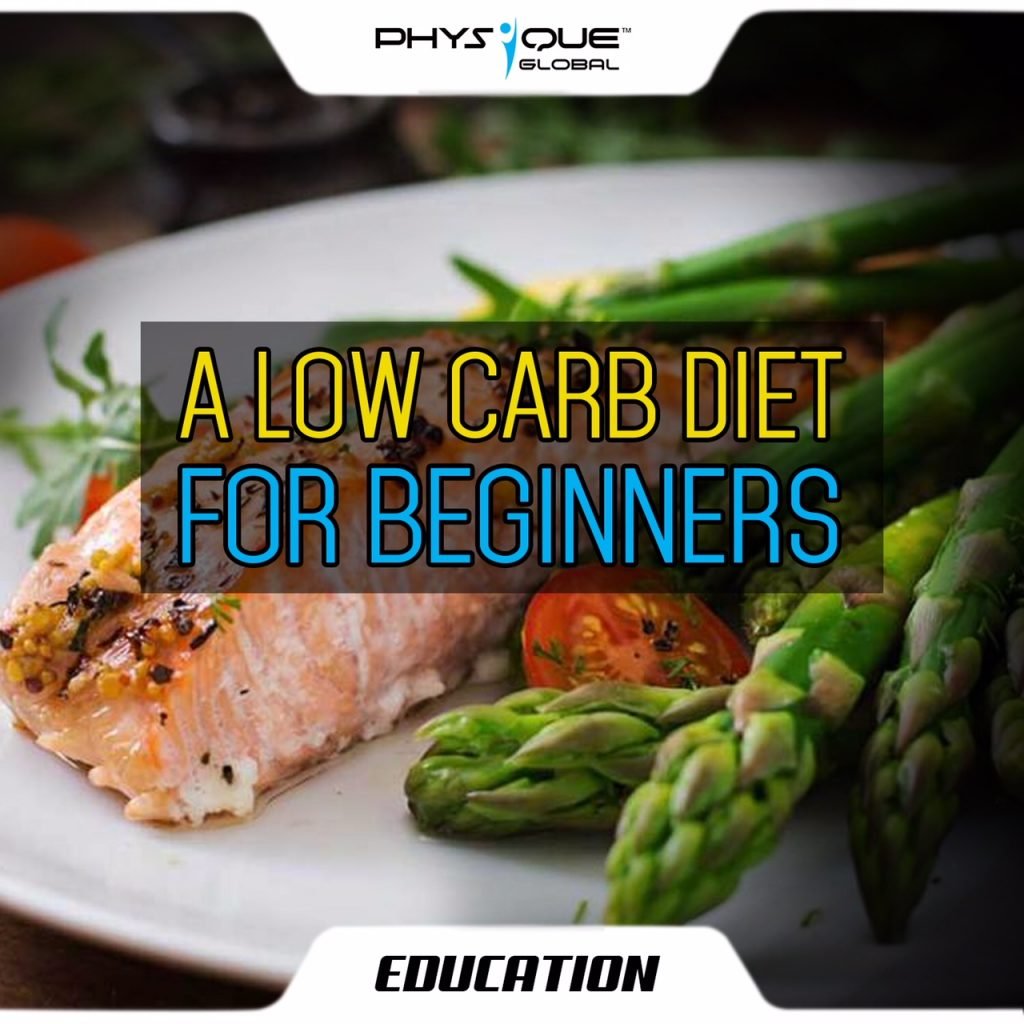Carbohydrates are vital for allowing muscles to recover after intense workout. The repair the damaged muscles quickly and enhance the endurance. But if the intake of carbohydrates goes over the line, it can add inches to your waistline.
A low-carb diet is a diet that restricts carbohydrates, such as those found in sugary foods, potatoes, fruit, bread and rice. It is high in protein, fat and healthy vegetables. There are many different types of low-carb diets, and studies show that they can cause weight loss and improve overall health.
Generally speaking, the lower your carbohydrate intake, the more likely you are to lose weight and the lower sugar levels you are likely to have.
It’s important you choose a level of carbohydrate that works well for you. Carbohydrate intake below 150g a day for a 2000 calories diet can be considered as a low carb diet, which means not more than 30% of your total daily calories should come from carb food sources.
Here are some sources of low carb food that you can get your daily calories from:
- Meat
- Fish
- Eggs
- Vegetables
- Fruits in moderation
- Nuts and Seeds
- Healthy Fats and Oils
Benefits:
- Improved weight loss
- Less chance of high sugar levels
- More energy through the day
- Less cravings for sugary and snack foods
- Clearer thinking
- Lower risk of developing long-term health complications
Final Word:
Carbohydrates are the essentially specific source of energy as they are broken down to release glucose. What makes us fat is the high calorie – high carb intake, which leads to the conversion of the extra glucose into glycogen which eventually gets stored on the body as fats.
So when you go on a low carb diet, your body uses the already stored fat and glycogen for energy, thus helping you get rid of those extra pounds. However, it is always a good practice to consult a dietician if you plan on going low on carbs, more so if you have any health condition.

